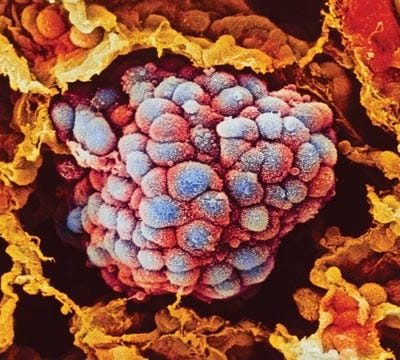E-cigarettes have become increasingly popular due to their lack of odor, lower cost, and perceived ability to help smokers quit. However, a new study has found that e-cigarettes can also cause cancer. The American Academy of Sciences conducted research on the health risks of e-cigarettes, revealing that the nicotine in e-cigarettes, dissolved in a carrier fluid of propylene glycol and glycerin, can be converted into a carcinogenic substance during the body’s breakdown process. This effect is similar to that of traditional cigarettes, which can lead to DNA mutations and an increased risk of cancer. The study’s findings confirm those of other research groups, and may damage the image of e-cigarettes as a safe alternative to traditional smoking.
Although e-cigarettes produce significantly fewer chemicals than traditional cigarettes, they still pose health risks. The absence of certain chemicals, such as polyaromatic compounds, aromatic amines, nitrosamines, benzene, and formaldehyde, which are produced during the combustion of tobacco and significantly increase the risk of cancer, initially contributed to the positive reputation of e-cigarettes. However, the recent study found that e-cigarettes still increase the risk of cancer, although the risk is still lower than that of traditional smoking. It is still unclear whether e-cigarettes can help smokers quit completely, and some critics argue that the positive image of e-cigarettes may create a gateway drug for young non-smokers.
The National Academy of Sciences evaluated 800 studies on e-cigarettes, finding that more and more young people are turning to e-cigarettes before transitioning to traditional tobacco cigarettes. The study also found that while e-cigarettes are less harmful, the risk of cancer is still higher for “vapers” than for non-smokers. The New York environmental medicine researchers found that many carcinogenic substances are produced directly in cells and stored there, rather than in the bloodstream. The study’s authors suggest that the conversion of nicotine in the body leads to the production of aggressive metabolic products that can cause DNA mutations and damage that cannot be repaired, leading to the same damage as traditional smoking. While it is not yet proven that DNA damage caused by nicotine consumption can cause cancer, the study’s authors suggest that e-cigarettes are likely to be carcinogenic and that e-cigarette smokers have a higher risk of lung cancer, bladder cancer, and heart disease than non-smokers.










